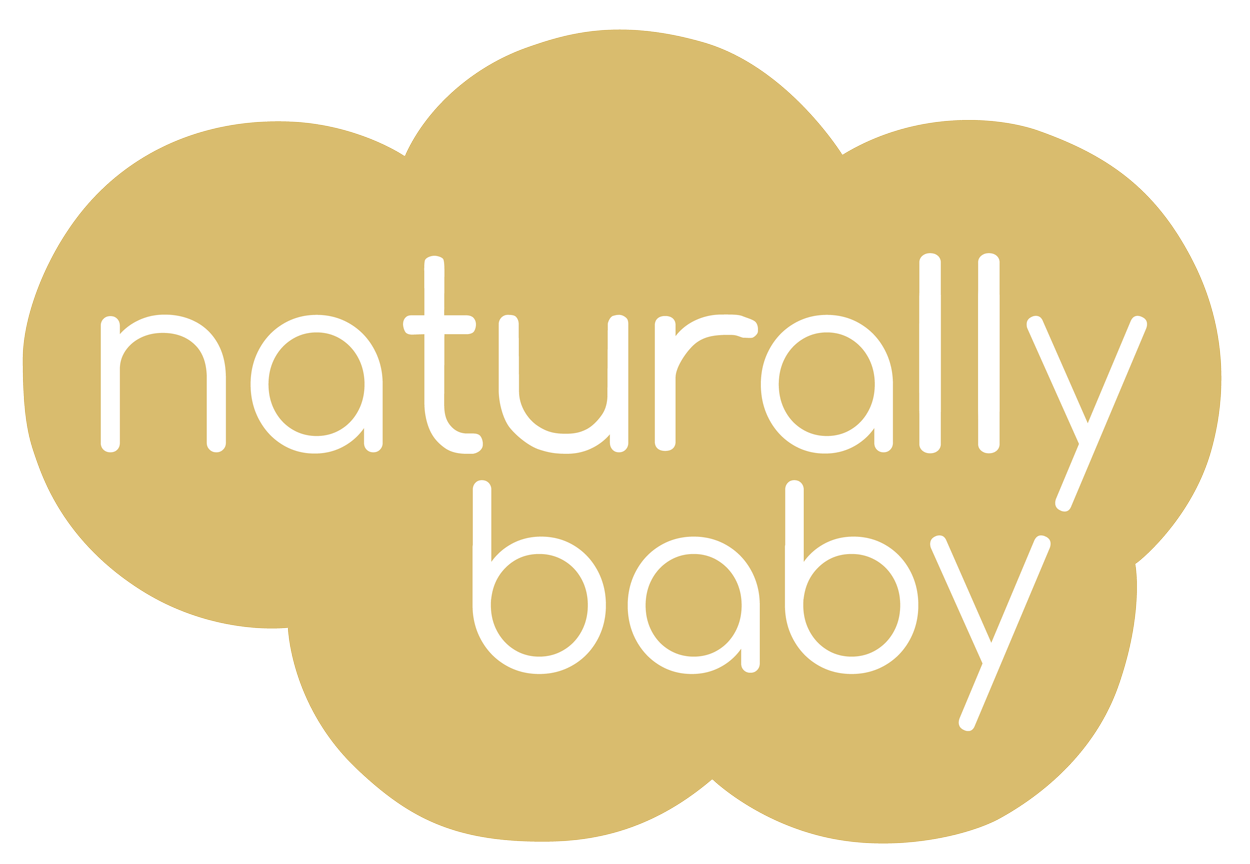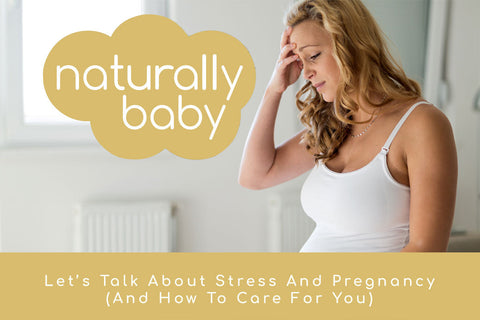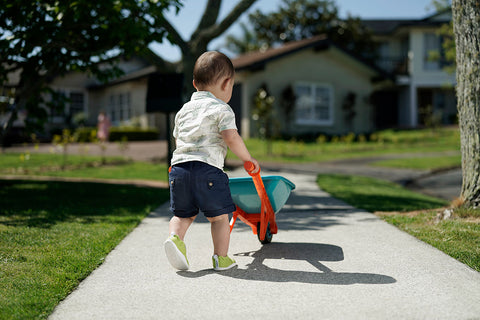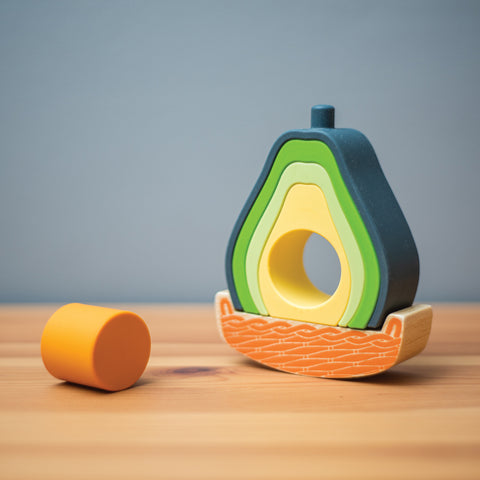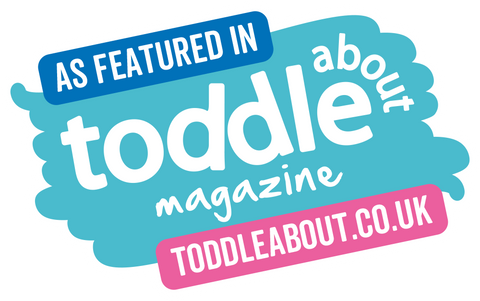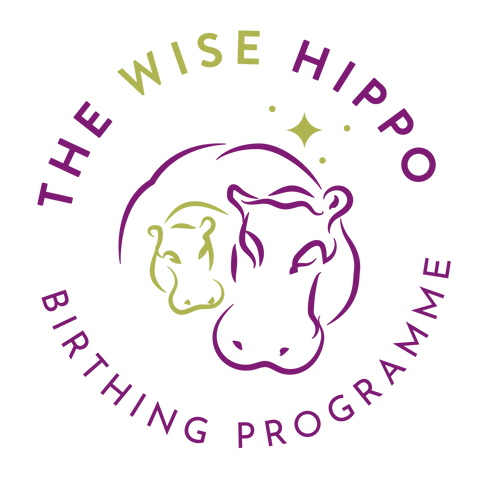Dear Mama: Let’s Talk About Stress And Pregnancy (And How To Care For You)
Pregnancy is one of the most beautiful, life-changing journeys you'll ever take, but let’s be honest, it can also feel overwhelming at times. From physical discomfort to emotional ups and downs, you might find yourself feeling more stressed than usual. That’s completely normal, and you are not alone.
While a little stress here and there is a part of everyday life, too much stress, especially if it lasts a long time, can affect both you and your baby. That’s why taking care of your emotional well-being is just as important as taking your prenatal vitamins. Let’s explore what we know (and what we’re still learning) about how stress may affect pregnancy, and most importantly, how to manage it in healthy, positive ways.
How Can Stress Affect Pregnancy?
We don’t completely understand all the ways stress impacts pregnancy, but research suggests that certain stress-related hormones may play a role in complications. Long-lasting or serious stress can weaken your immune system, which normally protects you from infections. And during pregnancy, certain infections can increase the risk of preterm birth.
Stress may also cause or worsen common pregnancy issues, like:
• Sleep problems, body aches, or nausea may feel more intense.
• Appetite changes, eating too little or too much, can lead to being underweight or gaining too much weight, which may increase the risk of gestational diabetes or preterm labour.
• High blood pressure caused by stress could lead to preeclampsia, early delivery, or a low-birthweight baby.
• Some people cope with stress in harmful ways, like smoking, drinking alcohol, or using drugs, which can seriously affect both you and your baby’s health.
While many expectant parents worry that stress could lead to miscarriage, especially in early pregnancy, we still need more research to fully understand this link.
What About PTSD And Pregnancy?
Post-Traumatic Stress Disorder (PTSD) is a serious mental health condition that can develop after experiencing trauma, like abuse, violence, a natural disaster, or the loss of a loved one. If you have PTSD, you might experience:
• Severe anxiety
• Flashbacks or nightmares
• Physical symptoms (like a racing heart or sweating) when reminded of the trauma
Women with PTSD are more likely to have complications like preterm birth or low-birthweight babies. They’re also at higher risk for substance use, which can increase pregnancy risks.
If you think you may be experiencing PTSD, please talk to your midwife, GP or a mental health professional. You don’t have to carry this alone. Treatment is available, and safe, during pregnancy.
Can Stress Affect My Baby Later In Life?
Some studies suggest that high levels of stress during pregnancy may affect your baby’s brain development or immune system. It could even impact their ability to focus or increase the chance of mental health issues in childhood. While this sounds concerning, the good news is that there’s so much you can do right now to lower your stress and protect your baby’s future well-being.
Ways To Reduce Stress During Pregnancy
Your body is doing amazing work. Let’s help it out by giving your mind and heart the care they deserve too. Here are some gentle ways to reduce stress and feel more supported:
Take Care Of Your Body
• Eat well, sleep plenty, and stay active (if your midwife says it’s okay).
• Exercise, like walking or antenatal yoga, can boost your mood and ease discomforts.
• Remember: pregnancy discomforts like heartburn, fatigue, or back pain will pass. Ask your midwife how to manage them.
Practice Relaxation
• Try breathing exercises, meditation, or antenatal yoga classes.
• Take an antenatal education course, knowing what to expect can ease a lot of anxiety.
Slow Down And Say No
• Cut back on non-essential tasks. This is your time to rest and recharge.
• Ask your partner, friends, or family for help with chores or errands.
Talk It Out
• If you’re dealing with money issues or social stress, a social worker may be able to connect you with helpful resources.
• If you’re feeling anxious or down, talk to your midwife. Treatment for depression and anxiety is safe during pregnancy, and incredibly important.
The Power of Support: You Don’t Have To Do This Alone
Support can be one of your greatest tools during pregnancy. Whether it’s a partner, a friend, a parent, or a local support group, lean on the people who lift you up.
• Ask for help when you need it. Whether it’s someone watching your other kids, driving you to appointments, or simply sitting with you over a cup of tea, every bit of support counts.
• Let your midwife know how you’re feeling, emotionally and physically. Your mental health matters just as much as your physical health.
Be Kind To Yourself
You are growing a tiny human, and that is no small feat. It's okay to feel stressed sometimes. What matters most is how you care for yourself during those moments.
Give yourself permission to rest. Ask for help. Prioritise joy when you can. And always remember, you are doing a beautiful job.
If you ever feel like the stress is becoming too much, please reach out to your midwife, GP, partner, friends or family (or us here at Naturally Baby). We’re all here to help you feel safe, supported, and strong, for you and your baby.
Useful links
https://www.warwickshire.gov.uk/children-families/help-new-expectant-parents/3
https://www.talkingtherapies.covwarkpt.nhs.uk/perinatal-period/https://healthforunder5s.co.uk/warwickshire/services/specialist-support/family-nurse-partnership-copy-2-copy-3/
